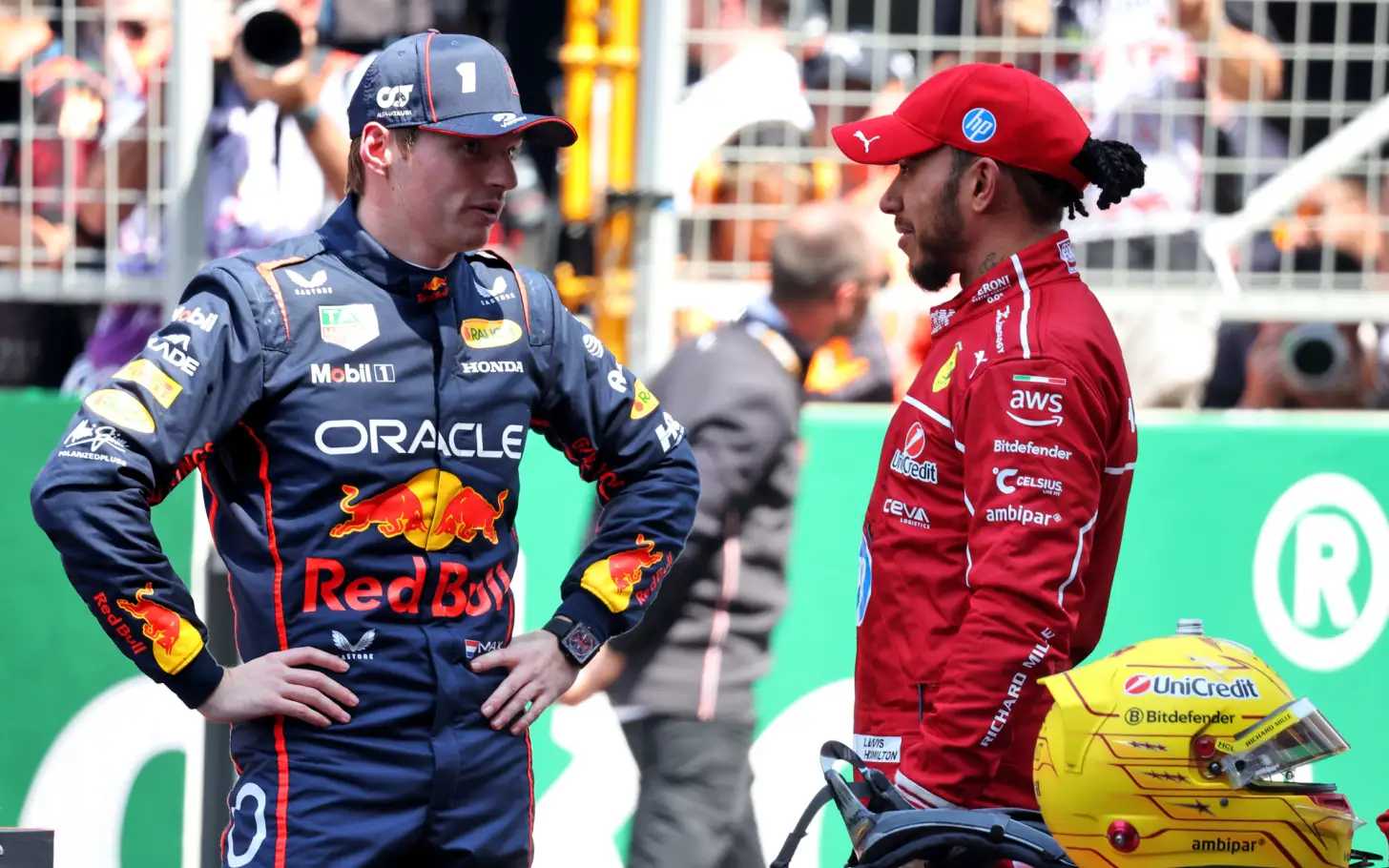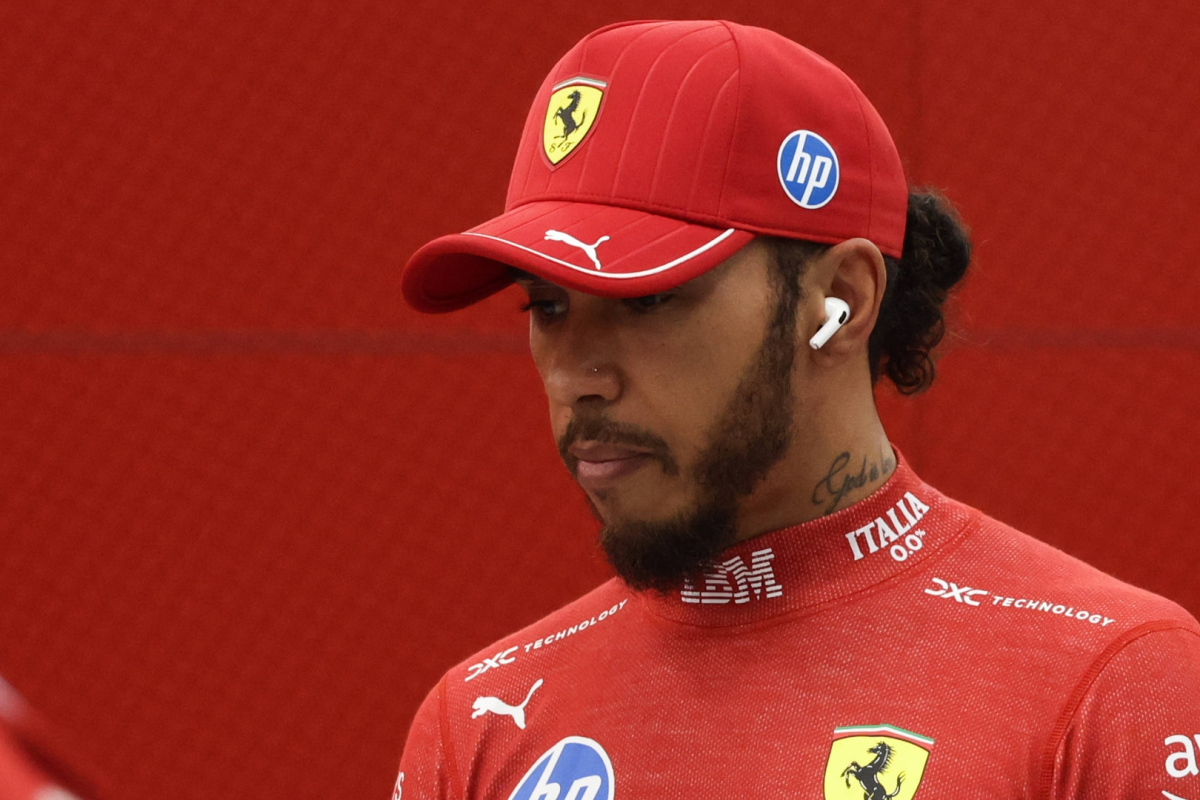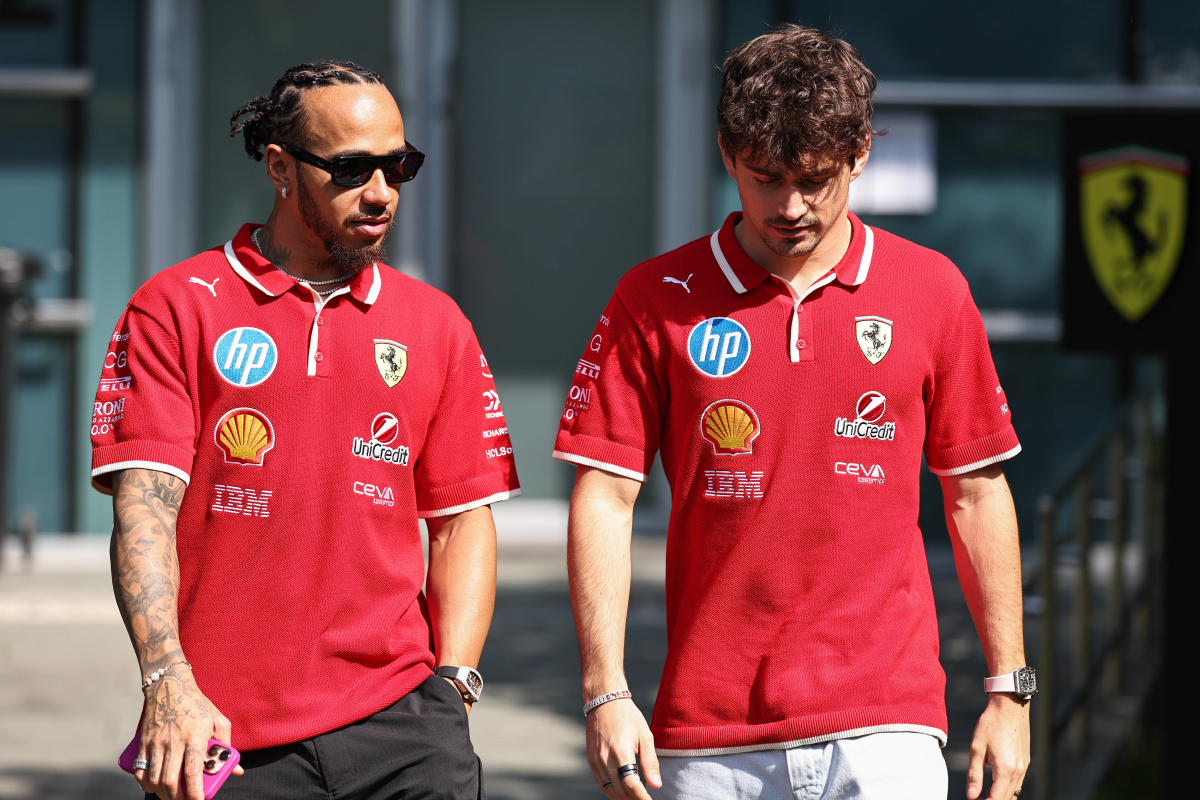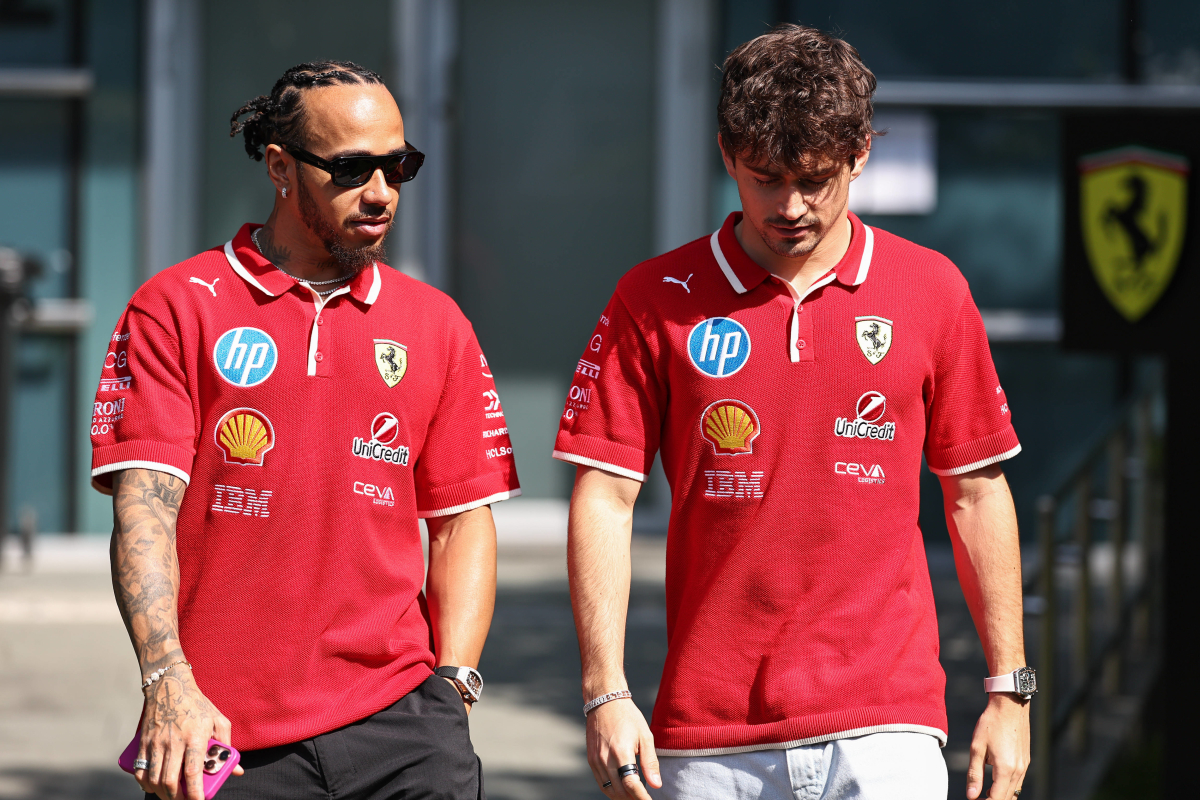Lewis Hamilton agrees with Max Verstappen over….read more
Lewis Hamilton has expressed his agreement with Max Verstappen regarding a potential return to V10 engines in Formula 1, albeit with one important condition. F1 officials are currently evaluating the possibility of maintaining the current power unit regulations until 2028, before reintroducing the V10 engines that were phased out in 2005. This would coincide with the planned introduction of fully sustainable fuels.
Under this proposal, the costly and complex power units, which are currently being developed for the 2026 season, would be scrapped. These new units, designed to feature more advanced electrical systems, would eliminate the MGU-K and include electrical systems capable of generating nearly three times more kilowatts of energy than current systems. This shift to more powerful, energy-efficient units is part of F1’s long-term strategy to become more sustainable. Audi has already committed to entering F1 under these new regulations, with Honda returning to the sport as a full works operation with Aston Martin. Meanwhile, General Motors is preparing to introduce a power unit in 2028, while Ferrari will supply engines to Cadillac in 2026 and 2027.
However, senior figures in F1, including Christian Horner and Zak Brown, have cautioned that reversing course on the 2026 regulations would be extremely difficult. Brown has likened such a move to “Cinderella having left the building,” suggesting that it would be nearly impossible to undo the changes at this point.
Despite this, Max Verstappen has voiced his belief that V10 engines would offer a better experience than the current power units. The reigning world champion argued that the V10s would be “definitely much better” than the current engines, and hinted that the reintroduction of V10s could make him stay in F1 beyond the end of his contract in 2028.
When asked about the idea, Hamilton also agreed that a return to V10 engines could be beneficial, but only if F1 can ensure that they are compatible with the sport’s sustainability goals. He noted that the V6 engines currently in use have never sounded as exciting as the V10s, recalling his first F1 experience in 1996 at Spa, when he was just 12 years old. He described the sensation of hearing Michael Schumacher’s V10 engine roaring through the corners, which left a lasting impression on him.
Hamilton went on to suggest that, if it were possible to bring back the thrilling sound of the V10s while maintaining F1’s sustainability goals, he would support the idea. He acknowledged, however, that when the switch was made from V10s to V6s, the primary justification was cost reduction. Ironically, the development of the V6 engines has proven to be extremely expensive, and he questioned whether they are truly more sustainable, considering the need for extensive battery packs. Hamilton proposed that F1 might be better off focusing on sustainable fuels moving forward.




